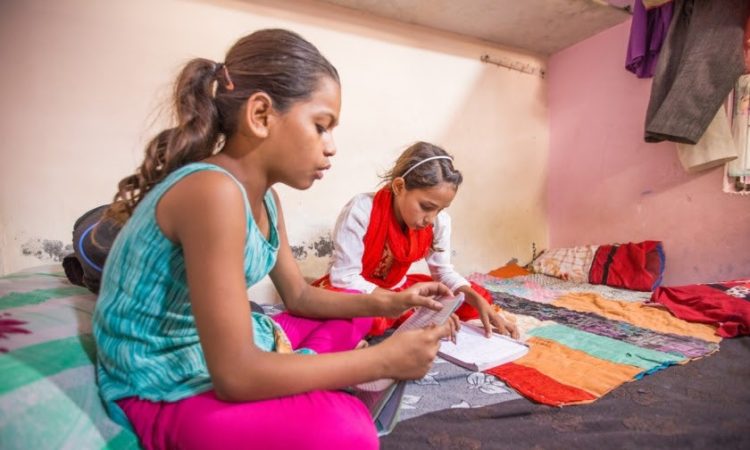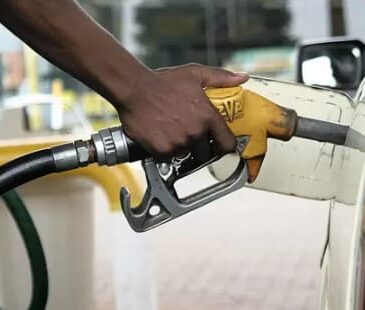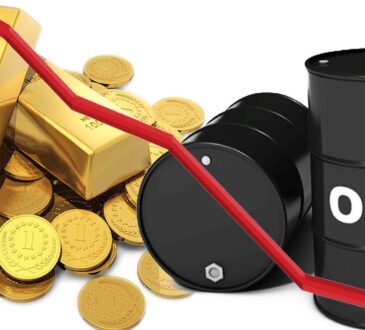
With fossil fuel prices reaching record highs, companies around the world are focusing on energy efficiency to save money and reduce the emissions driving the climate crisis.
Research shows that a safe future below 1.5°C requires the world to cut 30 gigatonnes greenhouse gas emissions (CO2) annually by 2030. Carbon emissions need to be cut by building smart cities and managing land and resources more efficiently. Transport and buildings are among the largest contributors.
Increasing energy efficiency, particularly industrial energy efficiency, can make a real difference in reducing our need for fossil fuels,” said Patrick Blake, Programme Officer for United for Efficiency (U4E)
– a United Nations Environment Programme (UNEP)-led global effort supporting developing countries to move their markets to energy-efficient appliances and equipment.
“This improvement in energy efficiency will also reduce electricity bills for companies and support the scale-up of renewable energy,” he added.
Improving energy efficiency
Energy efficiency can take many forms, with U4E focusing on lighting, refrigeration, air conditioning, distribution transformers and electric motors.
LED lamps, for example, are not only more efficient than conventional lamps, but they also last 20 times longer. Research shows that by switching to LED lighting in 156 developing countries, over 110 terawatt-hours (TWh) could be saved by 2030, nearly the same as the current electricity consumption of the Netherlands.
Similarly, by increasing efficiency in distribution transformers, which adjust voltage and current and are placed between the power plant and the consumer, 60 TWh could be saved by 2040, or the same as the current consumption of the Czech Republic.
“Half of the near-term reductions in emissions in the energy sector can be achieved through energy efficiency, for example, by using more energy-efficient appliances and lighting and more efficient motors,” said Miriam Hinostroza, Head of the Global Climate Action Unit, at UNEP’s Energy and Climate Branch.







